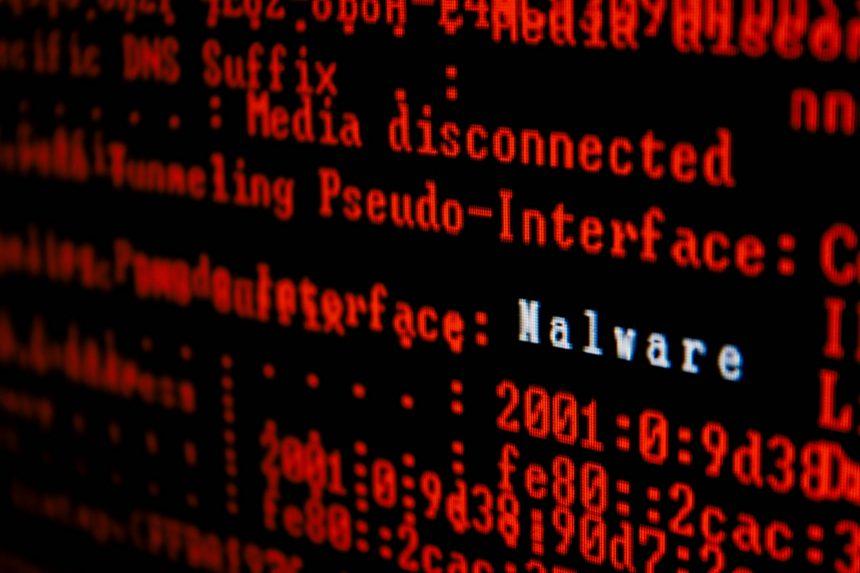Cyber threats are becoming increasingly sophisticated, making it crucial for users to stay informed about emerging malware types. One such threat is the December.exe malware, which has gained notoriety for its malicious activities and harmful consequences. In this article, we will delve into the actions and implications of this malware, explore its detection names and similar threats, and provide a comprehensive removal guide. We will also discuss preventive measures and highlight the effectiveness of the anti-malware tool SpyHunter in combating such threats.
Actions and Consequences of December.exe Malware
The December.exe malware operates as a backdoor Trojan, enabling unauthorized access to infected systems. Once installed, it can perform a range of malicious actions, including:
- Data Theft: This malware can capture sensitive information, such as login credentials, financial details, and personal files, compromising user privacy and security.
- System Compromise: December.exe can modify system settings, install additional malware, and facilitate remote access for cybercriminals, leading to further exploitation of the infected machine.
- Ransomware Deployment: In some cases, this malware may be used as a precursor to ransomware attacks, locking users out of their files until a ransom is paid.
- Botnet Recruitment: Infected devices can be incorporated into botnets, allowing attackers to use them for distributed denial-of-service (DDoS) attacks or other malicious activities.
The consequences of an infection can be severe, ranging from financial loss and identity theft to significant disruptions in personal and professional life.
Remove annoying malware threats like this one in seconds!
Scan Your Computer for Free with SpyHunter
Download SpyHunter now, and scan your computer for this and other cybersecurity threats for free!
Detection Names and Similar Threats
December.exe malware has been detected under various names, making it essential for users to be aware of these terms to enhance their defenses. Some common detection names include:
- Trojan.Generic
- Backdoor:Win32/December.exe
- PUA:Win32/December
Similar threats include:
- RAT (Remote Access Trojan): Like December.exe, RATs provide attackers with remote access to compromised systems.
- Cryptojackers: These malicious programs hijack system resources to mine cryptocurrencies without the user’s consent.
- Adware: Although less severe, adware can still compromise user experience and privacy by tracking online behavior and delivering unwanted advertisements.
Thorough Removal Guide for December.exe Malware
If you suspect that your system is infected with December.exe malware, follow these steps to remove it effectively:
Step 1: Disconnect from the Internet
- Why: This prevents the malware from communicating with its command and control servers or spreading to other devices.
Step 2: Boot into Safe Mode
- How: Restart your computer and press F8 (or the appropriate key for your device) before Windows starts. Select Safe Mode with Networking from the boot options.
Step 3: Use Anti-Malware Software
- Recommendation: Download and install SpyHunter. This powerful tool is designed to detect and eliminate a wide range of malware, including December.exe.
- How to Use:
- Open SpyHunter after installation.
- Allow it to update its malware definitions.
- Run a full system scan.
- Follow the prompts to remove any detected threats.
Step 4: Delete Temporary Files
- Why: This step can help eliminate leftover files that may harbor malware.
- How: Use the Disk Cleanup utility:
- Press Windows + R, type cleanmgr, and press Enter.
- Select the drive you want to clean and click OK.
- Check the Temporary files option and click Delete Files.
Step 5: Check Installed Programs
- Why: Some malware installs unwanted applications that may need to be removed manually.
- How:
- Go to Control Panel > Programs > Programs and Features.
- Look for any suspicious or unfamiliar programs.
- Right-click and select Uninstall.
Step 6: Reset Your Browser Settings
- Why: Malware can alter your browser settings, including homepage and search engine preferences.
- How:
- Open your browser settings.
- Look for an option to reset or restore settings to their original defaults.
- Clear your cache and cookies.
Step 7: Monitor Your System
- Why: After removing the malware, it’s important to ensure your system is clean.
- How: Continue using SpyHunter to scan your computer periodically and keep your operating system and software updated.
Best Practices for Preventing Future Infections
To protect your system from future infections, consider implementing the following best practices:
- Keep Software Updated: Regularly update your operating system and applications to patch vulnerabilities.
- Use Reliable Anti-Malware Software: Invest in reputable anti-malware tools like SpyHunter to provide continuous protection.
- Be Cautious with Email Attachments: Avoid opening attachments or clicking links from unknown sources to reduce the risk of downloading malware.
- Utilize Firewalls: Enable a firewall to help block unauthorized access to your network.
- Educate Yourself and Others: Stay informed about common cyber threats and share knowledge with friends and family to promote safer online behavior.
By following these guidelines, you can significantly reduce the risk of falling victim to malware like December.exe and other cyber threats.
Conclusion
The December.exe malware poses a serious threat to users, with the potential for data theft, system compromise, and financial loss. Understanding its actions and consequences is vital for safeguarding your digital life. Should you find yourself infected, follow our detailed removal guide, and consider utilizing SpyHunter to ensure a thorough cleaning of your system. By adopting preventive measures and maintaining vigilance, you can enhance your cybersecurity and protect your valuable information.
Remove annoying malware threats like this one in seconds!
Scan Your Computer for Free with SpyHunter
Download SpyHunter now, and scan your computer for this and other cybersecurity threats for free!




